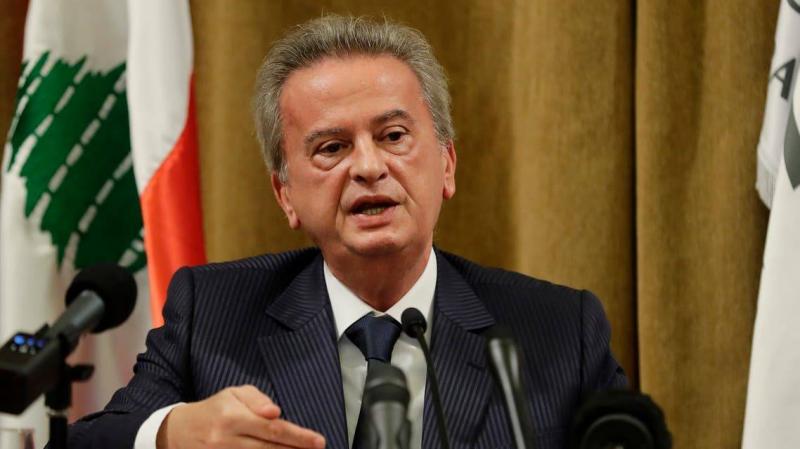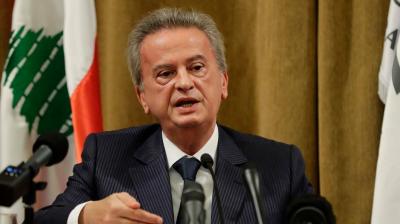The Lebanese presidency announced on Twitter that President Michel Aoun summoned the Governor of the Central Bank of Lebanon, Riad Salameh, today, Thursday, following the bank's decision to lift fuel subsidies. The central bank stated in a decision announced last night that it would start from today Thursday to secure the necessary credits for fuel imports based on the market price of the Lebanese pound against the US dollar, effectively ending fuel subsidies that have drained its foreign currency reserves since the country fell into a financial crisis.
Since the beginning of the financial crisis in Lebanon, the central bank has been using its dollar reserves to finance fuel imports at official exchange rates that are significantly lower than the market exchange rate for the dollar. Lebanon is suffering from a severe fuel shortage due to a financial crisis that has caused the Lebanese pound to lose more than 90% of its value against the dollar in less than two years. The government raised fuel prices in June after the central bank began offering credit lines for fuel at a rate of 3900 pounds to the dollar, which is higher than the official rate of 1500 pounds but still much lower than the market exchange rate.
The dollar was trading at approximately 20,000 pounds in the parallel market on Wednesday. Lebanon is facing an economic collapse that threatens its stability. The country has almost lost its foreign currency reserves, and there is a worsening shortage of essential goods such as fuel and medicine. There is also a severe shortage of electricity and water after fuel ran out in two of the country’s main electricity generation stations, marking the latest manifestation of the ongoing financial crisis without signs of resolution.
Electricity Lebanon (Électricité du Liban) stated that its facilities in Dair Ammar and Zahrani, which together provide about 40% of the country's electricity, have been shut down. The authority added in a statement that foreign banks have yet to approve transactions that would allow Électricité du Liban to discharge fuel shipments. Lebanon had previously raised fuel prices by more than 30%, as part of a gradual withdrawal of subsidies on fuel amid the depletion of dollar reserves at the Central Bank, while the country descends further into a prolonged economic collapse.




